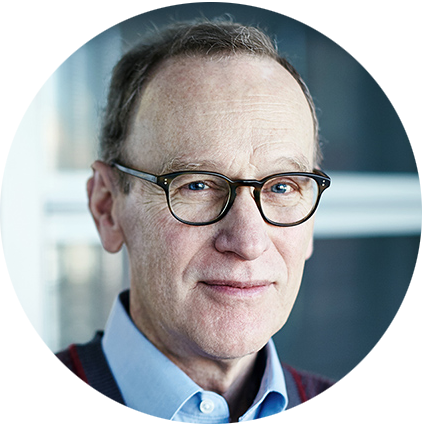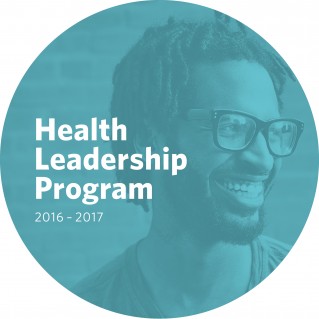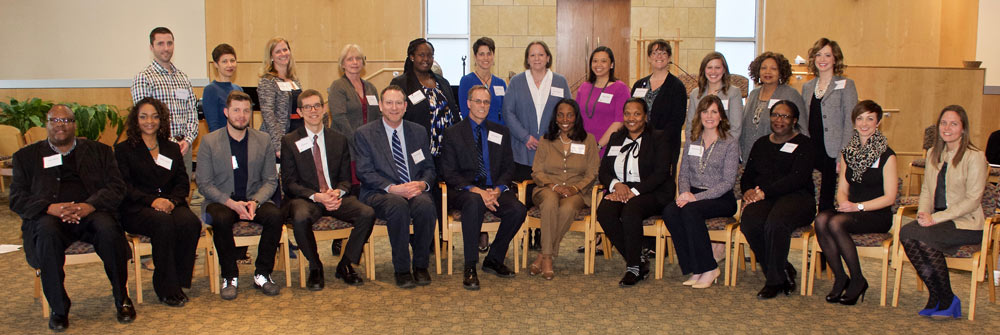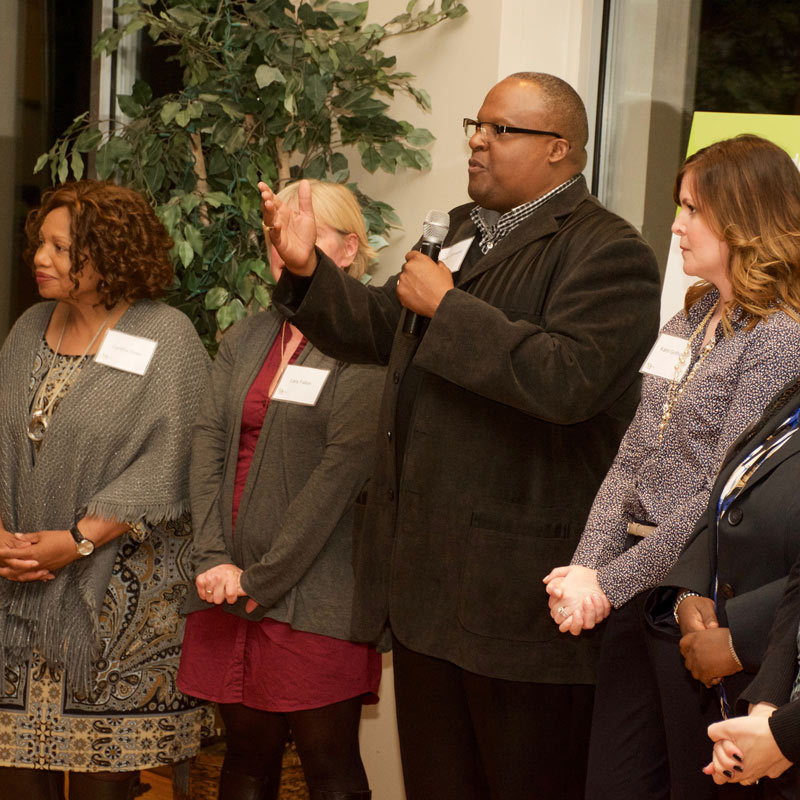 As shared with the inaugural cohort of our Health Leadership Fellows Program during its graduation ceremony on Tuesday, September 19, 2017, at Central Reform Congregation in St. Louis.
As shared with the inaugural cohort of our Health Leadership Fellows Program during its graduation ceremony on Tuesday, September 19, 2017, at Central Reform Congregation in St. Louis.
I’d like to talk to you about leadership in the context of the events over the past several days around the Jason Stockley verdict, as opposed to a brief summary on the future of health and challenges that I’d planned to talk about.
Most of you are likely quite familiar with these events. For those of us in the St. Louis region it has dominated the news. And the news has focused a great deal on leaders, as the Post-Dispatch headline said, “Regional leaders call for calm following Stockley verdict.” Statements from several political leaders were included throughout the story.
What was disappointing in those statements was the lack of acknowledgement of the depth of anger, frustration, and sadness of their fellow citizens that is fueling these protests. There was a lack of basic recognition that we have serious racial problems in our region, and a lot of hard work to do in the future for the good of all of us. These are our problems, not “their” problems.
I know the issues underlying the protests can seem daunting. There is no easy prescription for solving issues that center on racial injustice and inequity. They underscore what my favorite leadership author, Ron Heifetz, says: “Leadership is challenging adaptive work, and the uncertainty of outcomes means that leadership is fundamentally risky.” As he notes, “Leadership would be a safe undertaking if your organizations and communities only faced problems for which they already knew the solutions.” Indeed, for the most important challenges leaders face, “There are no easy answers.”
 So what should leaders like all of us do? Let me suggest some questions and initial ideas that could guide our actions.
So what should leaders like all of us do? Let me suggest some questions and initial ideas that could guide our actions.
1. Diagnose the situation and understand the challenges. What are the underlying problems that explain the reactions – of demonstrators, of protestors, of public officials, of religious leaders? What is the history and context of these problems? It is obvious that the protests to the Stockley verdict are not isolated, they are part of a pattern highlighted intensely in Ferguson and all that followed Michael Brown’s killing. There is much to unpack and assess in the community context and history leading up to the events of the past few days, but at the very least, we should recognize we have a systemic problem – our laws give police great latitude in using deadly force, and that has resulted in repeated, disproportionate killings of blacks by whites in situations where the need for such force has been seriously questioned. In brief, our criminal justice system produces very different results for blacks and for whites.
Health care is no stranger to this problem. Blacks have worse outcomes on many health indicators. In our society, black people on average get sick sooner, have more serious illnesses, and die earlier than whites, even within the same social class. Here in St. Louis the For the Sake of All project has documented these racial disparities.
We need to be frank and clear about the issues. We need to get the facts and be willing to take a look at them directly, even if they are deeply disturbing and potentially disruptive. We need to recognize that these issues are our issues – they affect us all. Our ability and willingness to address these issues, or lack thereof, define us as a community. Further, we need to see that these issues are structural, historic, and deeply embedded in our culture. Eventually the community collectively must get to a point of confronting these facts and reaching agreement that they demand action.
2. Maintain a sense of urgency. In this case, for example, we should be asking ourselves to recognize the connections between Ferguson and these protests, and take a good look at where we’ve made progress and where much more work is needed.
3. Develop and promote mechanisms for people to engage on these issues. Highlight the connective efforts of groups like Forward Through Ferguson and other similar groups. We need to provide avenues for constructive discussion about pathways forward, promote activities that reinforce existing good work, and establish new opportunities for fresh approaches to be tested.
4. We need to listen. We need to listen to people with a genuine openness to hearing and understanding and empathizing with ideas that differ from our own. We need to acknowledge the reality of other people’s perspectives, even if it might make us uneasy. We need to be open to changing our thinking. Listening does not mean selectively hearing what people say to identify ideas that reinforce our own perspectives. It means entering into conversations, asking questions when we don’t know the answers, and being open-minded, not defensive, when those answers are uncomfortable.
This is how we move toward tackling the tremendous health issues looming over the many groups that make up our state. Yes, the health challenges we are facing can feel overwhelming, spanning from an opioid epidemic to poor access to basic health care to racial and economic disparities. There are no manuals that can dictate to us exactly what is needed to address these kinds of challenges. And while our region faces big leadership challenges, looking at you gives me hope – because you’ve already demonstrated the values, the judgments, the skills, and the commitment to take the risks that will help make our communities healthier. Our communities need you more than ever.
Again let me congratulate you, and those around you who have helped in ways big and small along the way, on your graduation. We at the Foundation are proud of your accomplishments and look forward to your future contributions. There is much work to do, but today is a time to pause, reflect, and celebrate with friends, family, and colleagues all you have accomplished. Congratulations!

About the Health Leadership Fellows Program
As part of its leadership strategy, which includes a commitment to strengthening the field, 24 fellows of varied health backgrounds became the first graduates of the MFH Health Leadership Fellows Program. The program spanned over 18 months, and aims to improve critical skills of leaders in health and human services organizations by providing them with a collaborative learning experience. It offers individual leadership development, academic and team support, executive coaching, opportunities to increase a personal and professional network of leaders, along with an opportunity for collective leadership and change.



